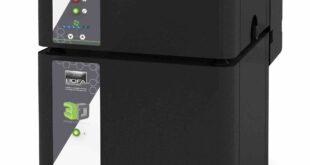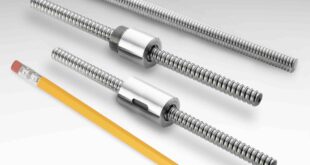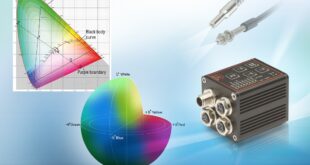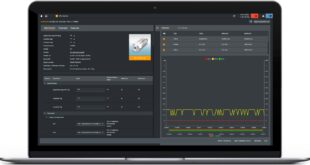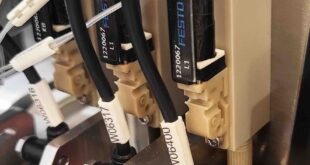Jonathan Wilkins explains how biopharmaceutical plants can benefit from automation
One of the first biologic drugs, Insulin, was commercialised by Eli Lilly in 1982 to extend the lives of diabetes patients.
Now, there are over 2,700 biologic drugs available, which are changing the lives of patients with diseases such as cancer, rheumatoid arthritis and multiple sclerosis.
In April 2018, GE Healthcare launched its ready-to-run ‘factory-in-a-box’, to speed up the production of viral vector-based therapeutics. This is not the only company leveraging technology to increase productivity in biopharmaceutical manufacturing.
In 2018, the FDA awarded five grants to research organisations to study and recommend improvements for the continuous manufacturing of biologic products.
Automation is key to making the improvements the biopharmaceutical manufacturing industry needs, such as increased efficiency and capacity, while maintaining high product quality.
Other manufacturing sectors, such as automotive, food and electronics, have already equipped their factories with automation technology.
However, it has been difficult for the biopharmaceutical manufacturing industry to do the same.
Facilitating flexibility is a considerable challenge for biopharmaceutical manufacturers.
As personalised medicine becomes more popular, products are being manufactured in smaller quantities.
Small scale production requires multiple products to be manufactured on a single production line, with rapid change over.
Flexibility is easy to achieve in an automated workflow. Machine learning technology enables equipment to adapt to changes in product specification, equipment and the surrounding environment, so a production line can be altered in line with the requirements of personalised medicine.
Time to automate
Connected sensors makes it possible to collect vast amounts of data, which can then be stored and analysed using a supervisory control and data acquisition (SCADA) software. Findings from the data analysis can inform automated actions to improve manufacturing processes.
In biopharmaceutical manufacturing plants, data can be used to develop our understanding of processes and improve process parameters. It can also be used to ensure quality and compliance with regulations.
For example, manufacturers can collect data from bioreactors to track microbial production, optimise the process and ensure a high quality of the resultant active pharmaceutical ingredient.
Staying ahead
Equipment performance is a key variable impacting the quality of biopharmaceuticals.
Manufacturers can use sensors that collect data on the condition of individual components and a SCADA system to implement a predictive maintenance strategy.
The system will alert engineers to a developing component fault, which will allow them to order a replacement part from a reliable supplier and resolve the fault before it impacts the quality or compliance of the product.
In addition to data collection and handling, automation offers the potential to perform activities traditionally executed by humans. This allows much greater accuracy and precision, which is crucial in biopharmaceutical manufacturing due to industry regulations and the need for batch to batch consistency.
Once biopharmaceutical manufacturers have automated individual processes, they should consider connecting these processes using Industry 4.0 technology. This level of automation enables the transition from batch to continuous processing and considerably increases productivity while saving money on manual labour.
Advanced technology introduces increased efficiency, productivity and product quality, making it a priority for companies like GE Healthcare, which is striving to keep up with the growing demand for biopharmaceuticals.
Automating a factory does not have to be a huge investment. To take the first steps, biopharmaceutical manufacturers should purchase sensors to connect their equipment and collect valuable data that can be put to good use improving factory processes.
Jonathan Wilkins is marketing director of obsolete industrial parts supplier EU Automation.
 Engineer News Network The ultimate online news and information resource for today’s engineer
Engineer News Network The ultimate online news and information resource for today’s engineer
